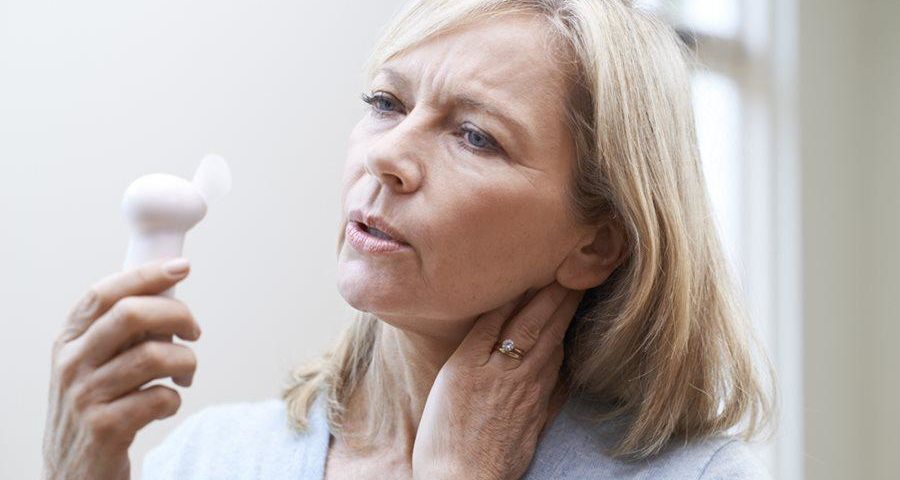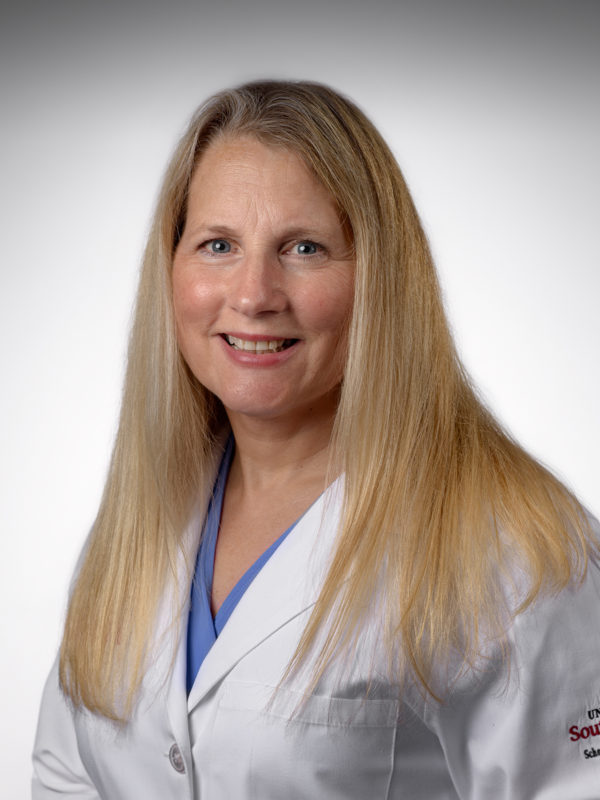Managing menopause symptoms
Menopause, the time in most women’s lives when they permanently stop having periods and can no longer have children, typically occurs between the ages of 46 and 54. About 25–50% of women journey naturally through this change of life without serious complications. Unfortunately, for at least half of those experiencing menopause, the resulting hormonal changes bring on significant side effects.
Linda Balles, CNM, explained more about those symptoms and how to manage them.
What are some common menopause symptoms?
Balles said symptoms can include:
- Severe hot flashes.
- Night sweats.
- Trouble sleeping.
- Vaginal dryness.
- Memory lapses.
- Mood changes.
- Depression and anxiety.
Can menopause symptoms be managed without medicine?
Balles said women should know that relief is within reach. Here are some things you can do to reduce your menopause symptoms from home:
- Exercise. Even if you have not exercised regularly in the past, starting to exercise during menopause may help you feel better, thanks to the mix of endorphins and building flexibility and muscle strength.
- Get between 7 and 8 hours of sleep each night. Lack of sleep could be linked to the symptom of depression and can make menopause symptoms feel more severe.
- Limit alcohol intake. Consuming alcohol encourages dehydration is linked with increased menopause symptoms.
- Look for positive ways to reduce stress. Try relaxing by reading a book, practicing yoga or spending some quiet time outdoors.
- Stay mentally active. You may be able to boost your memory by doing activities like crossword puzzles, taking a class or learning a new skill.
- Maintain a balanced diet. Try to make sure your plate is half-full of vegetables, one-quarter protein, and one-quarter carbs, with limited fats.
Some women may find that at-home remedies won’t work for them and could need medicine to help relieve symptoms. If your symptoms get to be severe, talk to your health care provider as soon as possible. “Most of the time, the symptoms will be treatable, and they can be resolved,” Balles said.
Find a doctor
Whether you’re looking for a primary care physician or need to see a specialist, we’re here to help with experienced, compassionate care near you.
Find a Doctor

